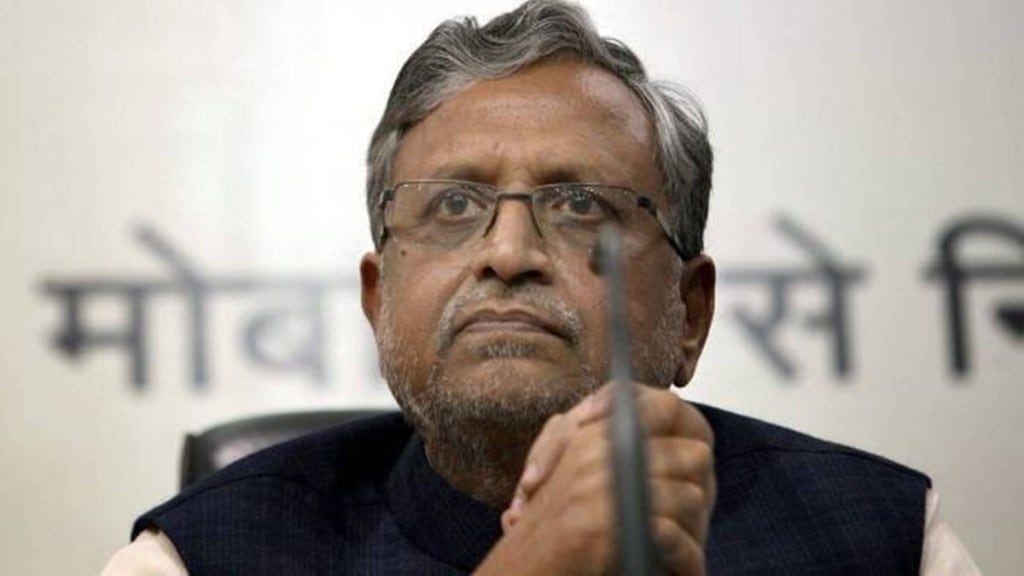A meeting of the Parliamentary Standing Committee on Personnel, Public Grievances, Law and Justice was convened on Monday to discuss the feasibility of implementing a Uniform Civil Code (UCC) in India. The committee, chaired by BJP MP Sushil Kumar Modi, examined the issue, taking into account the diverse customs and traditions of tribal communities, particularly those in the North East.
The Opposition parties reportedly questioned the need, timing of the views sought by the Law Commission on the UCC at the meeting. The discussion on the proposed UCC was triggered by the Law Commission’s decision to reevaluate the issue and the subsequent remarks made by Prime Minister Narendra Modi.
Also Read: Unform Civil Code: Uttarakhand expert panel on UCC received 2.5 lakh suggestions, comments
Sushil Kumar Modi, also the Chairman of the Parliamentary Standing Committee on Law, raised concerns about the suitability of a UCC in tribal areas due to the distinct customs, traditions, and rituals practiced by these communities. He emphasized that the Constitution grants protection to tribal communities, acknowledging their unique cultural heritage.
During the meeting, Congress MPs and DMK’s P Wilson expressed their opposition to the implementation of the UCC. They raised questions regarding the legislative powers of states and their ability to amend matters related to marriage, divorce, inheritance, and property rights, which currently fall under the Concurrent List of the Constitution.
Also Read: Uniform Civil Code draft for Uttarakhand complete, to be submitted to state govt soon: Panel head
Wilson shared his concerns on Twitter, stating that the implementation of a Uniform Civil Code would threaten the diversity of the nation. He highlighted the presence of 398 languages in India, with various subcultures within Hinduism itself, each possessing unique identities, traditions, and customs. Wilson argued that imposing a single set of personal laws on all religions, sub-sects, and denominations would erode their distinctiveness and diversity.
Vivek Tankha, another Congress MP, also took to Twitter to express his apprehensions about the UCC. Referring to the 21st Law Commission’s 2018 consultation paper on ‘Reform of Family Law,’ Tankha concurred with the view that, “in the absence of any consensus on a uniform civil code, the best way forward may be to preserve the diversity of personal laws but at the same time ensure that personal laws do not contradict fundamental rights guaranteed under the Constitution of India”.
Tankha further pointed out that uniformity would conflict with certain provisions of the Constitution, such as the Sixth Schedule and Articles 371(A) to (I), which contain special provisions for 11 states, including those in the Northeast.
The attendees included members from various political parties, including the BJP, Congress, BSP, Shiv Sena, and DMK. The meeting also witnessed the participation of officials from the Department of Legal Affairs, Legislative Department, and the Law Commission of India.
The Law Commission said that it has received approximately 19 lakh suggestions regarding the UCC thus far.
While the BSP supports the idea of a UCC, they believe that the government should proceed cautiously and engage all communities, including Muslims and tribals. The BSP’s stance is that although Dr. B R Ambedkar supported the idea of a UCC, it should not be implemented hastily.
Similarly, the Shiv Sena supports the concept of a UCC. However, the faction led by Uddhav Thackeray has advised against introducing the UCC with electoral considerations in mind.


